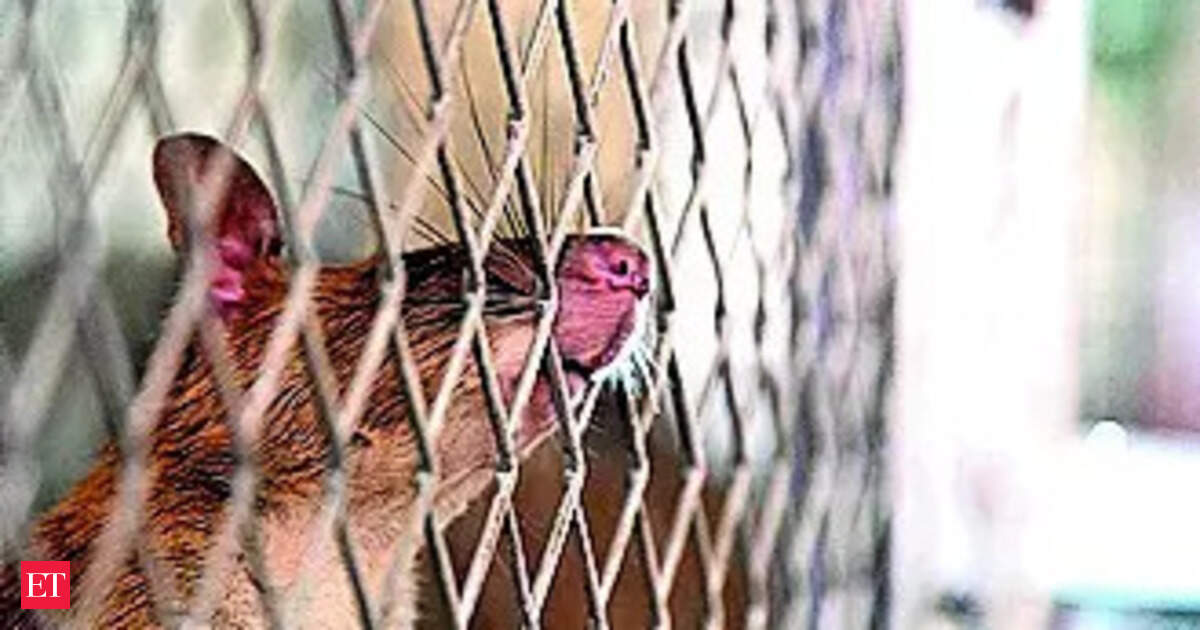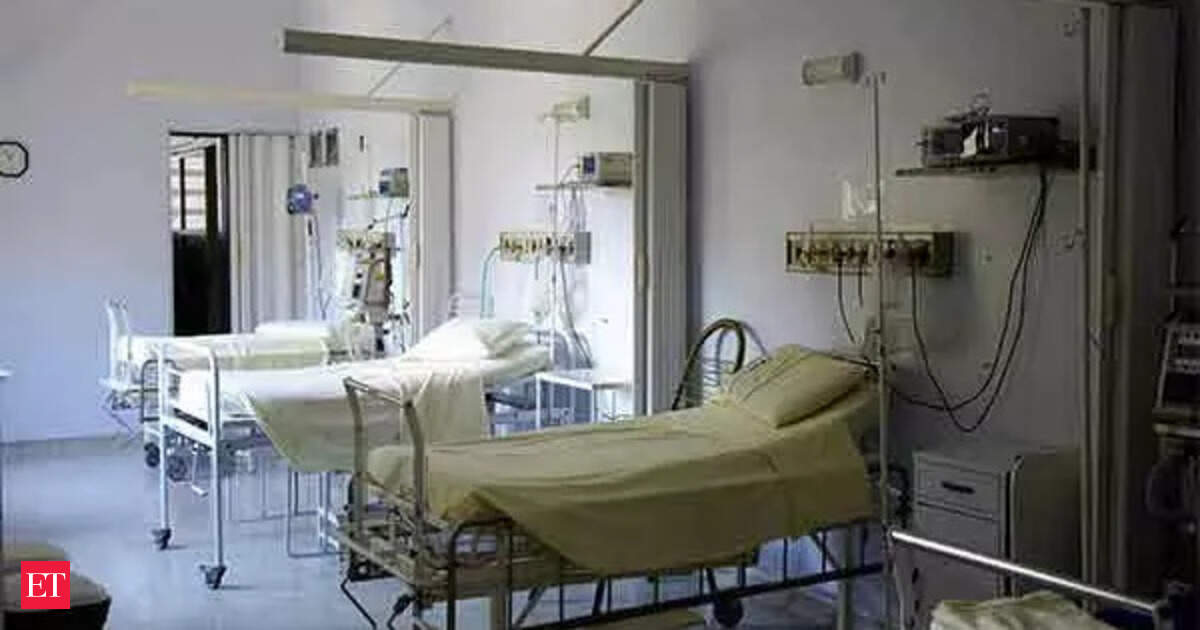In their representation to the government, which is working on a set of guidelines for biosimilars, the Working Group on Access to Medicines and Treatment stated that by eliminating these tests, India can lower production costs, speed up biosimilar development and uphold ethical standards. This, said the network that works on affordable healthcare, will also make biosimilars more affordable for patients.
“We strongly urge you to eliminate unnecessary animal studies” and establish “clear conditions” for comparative clinical trials in order to prioritise affordability without compromising safety and efficacy, KM Gopakumar and Jyotsna Singh, co-convenors of the working group, wrote in a letter dated July 18 to the health secretary. The government is giving final touches to a revised set of regulations to set stringent quality standards for research and manufacture of biosimilar drugs, which are emerging as a mainstay for treatment of cancers and autoimmune diseases among others.
In the letter, the group also urged the ministry to engage with civil society, patient groups and healthcare advocates before finalising the guidelines. The US Food and Drug Administration recently announced a plan to phase out animal testing requirements for monoclonal antibodies (biotech drugs) and other therapies, replacing it with potentially more effective methods. Biosimilars are medicines based on living cells and are very similar, but not identical, to originally invented biological drugs, or biologics.
In India, biosimilars is an emerging segment with sales reaching close to $867 million in 2024. The market is expected to grow at around 17% annually, according to industry estimates.
“In India, where many struggle to afford basic healthcare, these drugs can transform lives,” the group said in the letter. “The draft guidelines are progressive as they have simplified the approval process, but we believe additional changes can make biosimilars even more accessible, ethical, and affordable, while maintaining safety and quality,” it said.Currently under consultations, the ‘Guidelines on Similar Biologics’ are closely aligned with regulations followed by global regulatory bodies, people aware of the development said. This is the second comprehensive overhaul of biosimilar guidelines, which were first released in 2012 and revised in 2016.
The proposed guidelines seek to restrict the use of animals in testing. The draft stresses on in-vitro (lab-based or not in animals) studies. The industry has long been demanding that animal toxicology studies be waived for biosimilars where robust global clinical data and analytical comparability already exists.




